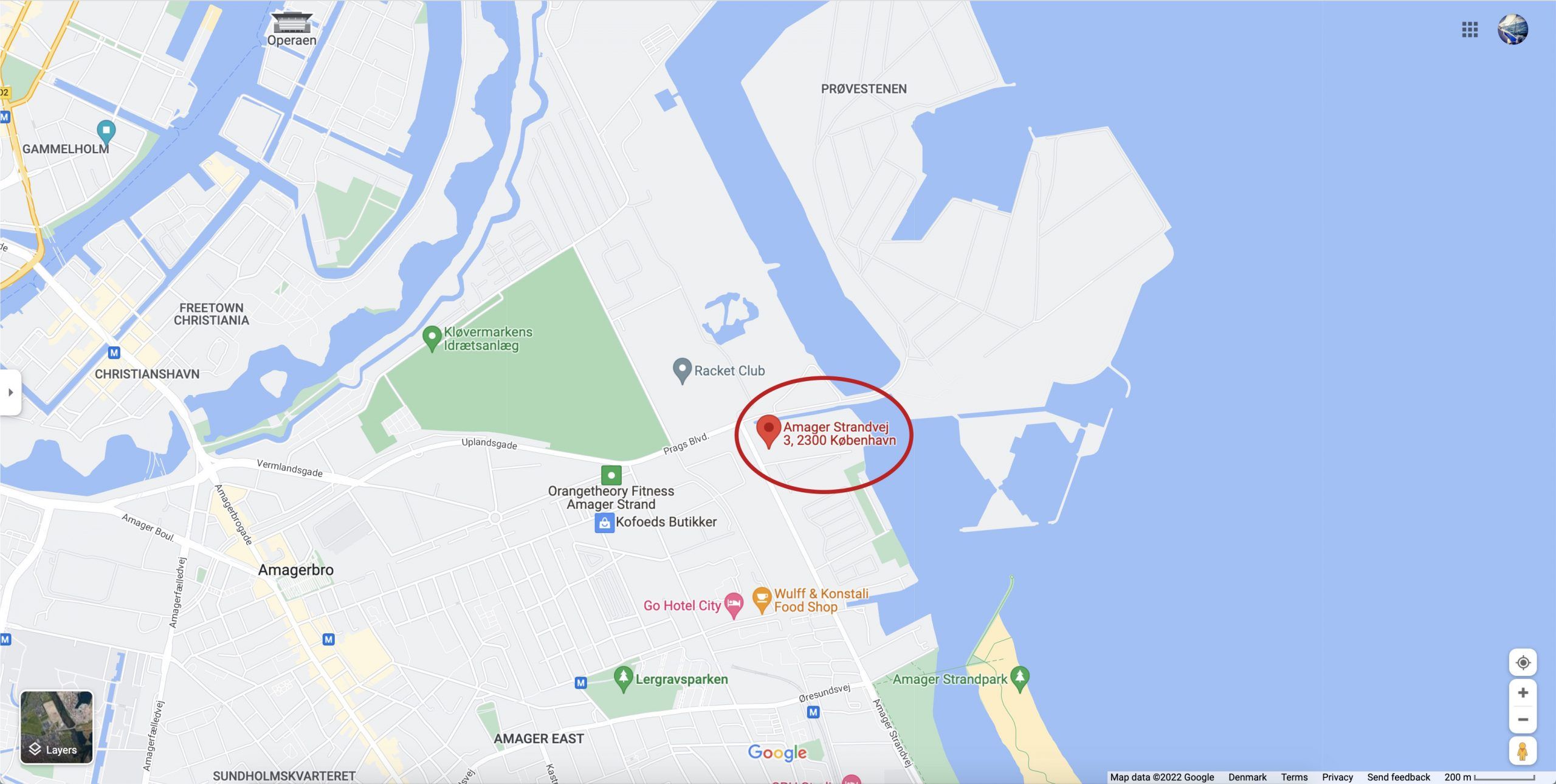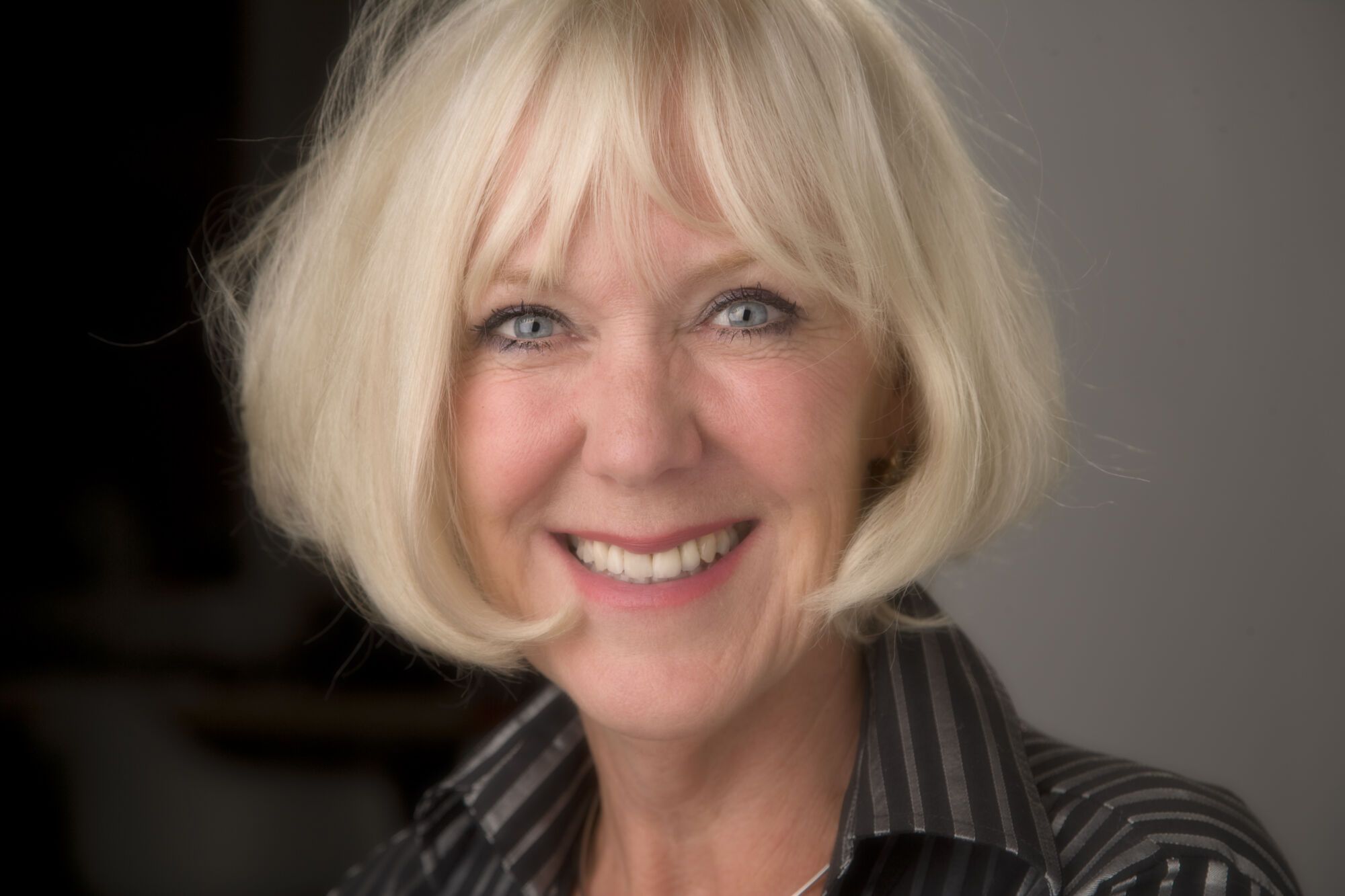In wake of the ongoing arrival of refugees from the War in Ukraine, the City of Copenhagen has committed to housing 330 refugees in a large pavilion near Amager Strand, along with plans to house 2,000 more around the corner, which are subject to approval.
The city will refurbish an existing pavilion used to store, among other things, “winter service, lost property and urban furniture” to create a village for Ukrainians with lodging, daycare and offices.
The project will cost 71 million kroner, and it should be completed by the end of July.
Not our first time
“We are in a very special situation where so many displaced people are in Copenhagen that we have to give a roof over our heads,” Jens-Kristian Lütken, the new mayor of employment and integration, told TV2.
“These pavilions will also be used for schools and institutions, and it is a sensible solution. It will be a little reminiscent of the refugee villages that were established when Bosnians fled war in the ’90s.”
Lütken is confident that building the community will not diverge into a parallel society: “The difference between Danes and Ukrainians is not as great as the difference between Danes and other groups. At the same time, many Ukrainians are trying to enter the labour market.”
What will it entail?
Housing and common areas will be fully furnished with beds, tables, chairs and other items.
City Hall will take charge of recruiting staff, such as social caretakers and volunteer support.
The first 44 million kroner will come from two budgetary pools: one for unforeseen construction costs, and the other for unforeseen service costs. Remaining funds will likely be extracted from the city’s 2023 budget.
Another 10,670 to go
While the pavilion is an admirable feat, the housing of 330 refugees in this mini urban centre is a long way short of its objective of housing up to 11,000 Ukrainians.
According to the agenda for the meeting of the Citizens’ Representation, the city has to date accommodated 1,000 Ukrainians. It looks to house another 570 in the Ottiliavej, Kisebærhavens and Højdevangens Parish nursing homes.
Hotels: expensive and unsustainable
Many asylum-seekers are being housed in the Cabinn hotel chain, which Lütken is quite unhappy about.
“At Cabinn there are four bunk beds and you have to back in. There is a need for places where they can talk to each other and meet across,” he told TV2.
A calculated risk
The pavilion homes are located adjacent to Prøvestenen, which is within the island’s ‘Risk Zone’ because fuel and other explosives are stored there.
Before complete approval can be given to the pavilion, the Hovedstadens Beredskab, the Arbejdstilsynet, and the Københavns Politi must undergo a risk assessment to ensure proper evacuation protocols are in place.
Another decision will meanwhile be made by City Hall’s Finance Committee whether more funds should be allocated to allow a further 2,000 refugees to settle in similar accommodation on extensive grassland around the corner from the site.
After yesterday’s review by the Employment and Integration Committee and today’s Finance Committee decision, the last step towards approving the initial project will take place at tomorrow’s Citizens’ Representation meeting.














